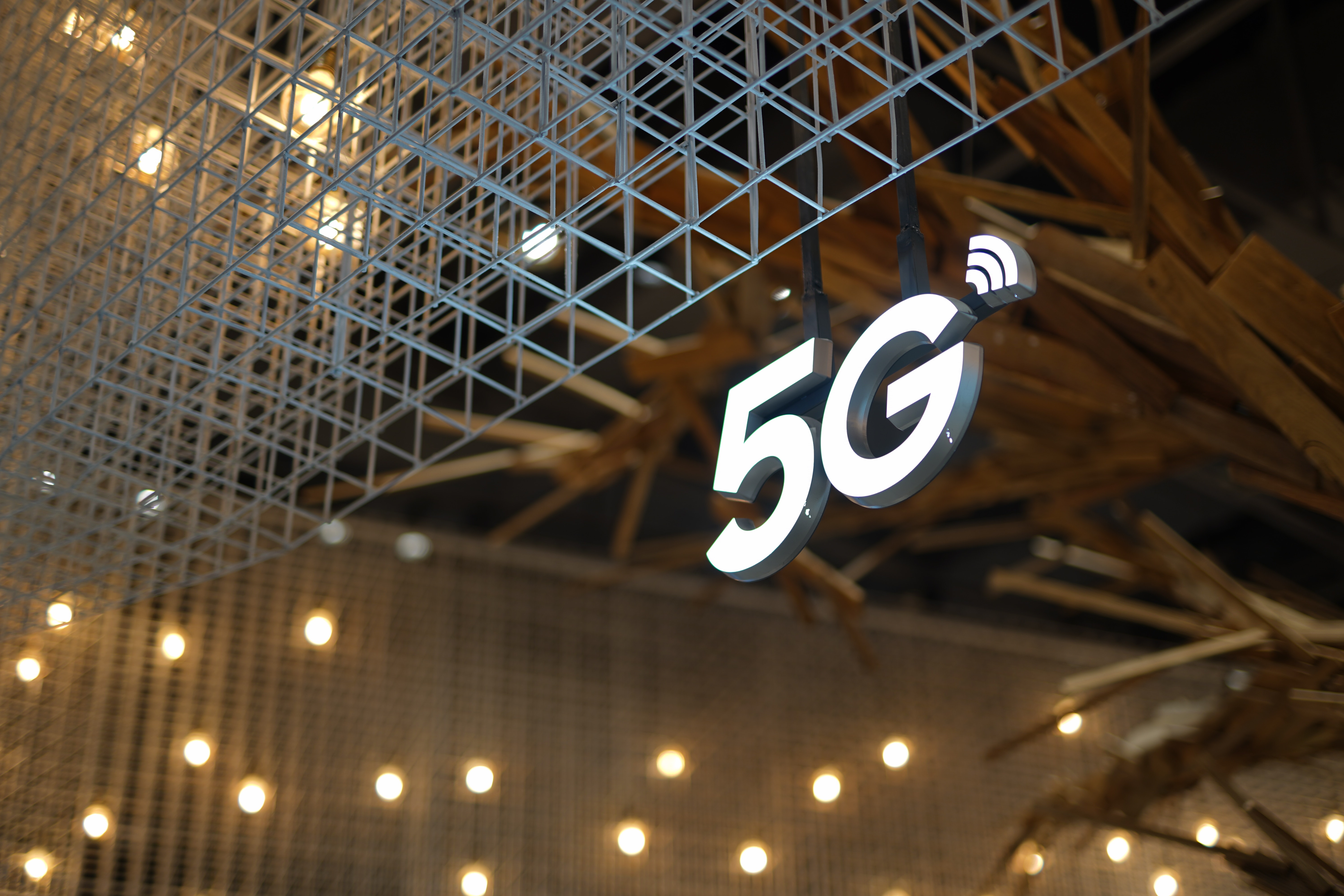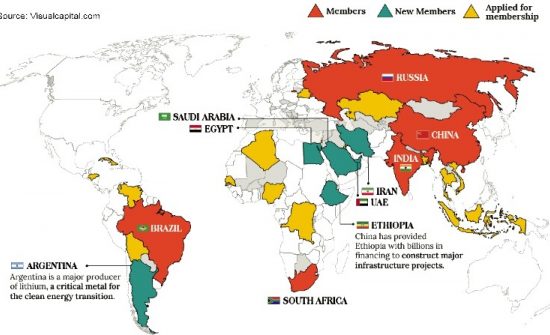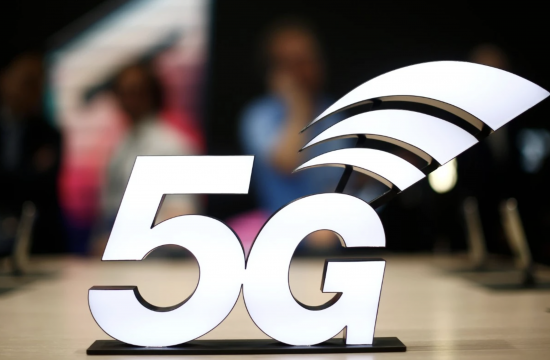By: Leanardo Antonio Salud & Hongjiao Liu
This white paper on 5G is a perfect exemplar of the Global TechnoPolitics Forum’s mission of probing at the intersection of technology and geopolitics. 5G technology offers tremendous advances from predecessor mobile technologies, which were primarily confined to cell phones, especially in speed and low latency (the time between a user action and a response), making possible machine-to-machine communications in autonomous vehicles or other devices in the Internet of Things. Leanardo Antonia Salud and Hongjiao Liu clearly outline the technical issues and choices countries face in moving from existing 4G networks to the much more advanced, but also expensive, 5G technology. They include case studies of developing regions of the world, where money is in short supply but networks often are both long and sparse.
At the same time, 5G is increasingly bound up with geopolitics. Given legacy systems, geopolitics begins with choices about potential suppliers. The dominant suppliers will, in turn, become central to what standards are developed. And 5G is caught up in the increasing competition between the United States and China over technological supremacy, a conflict the authors assess in careful detail. The United States has argued that Huawei, the dominant player at present, is a security risk because of its close ties to the Chinese government and intelligence officials. By contrast, skeptics suspect that argument is primarily a means to frustrate China’s technological advance. Meanwhile, many countries, especially in Europe, are caught in the middle, concerned about the security risk but attracted to Huawei on economic grounds. We commend this wide-ranging and thoughtful analysis to you and would welcome any comments.










